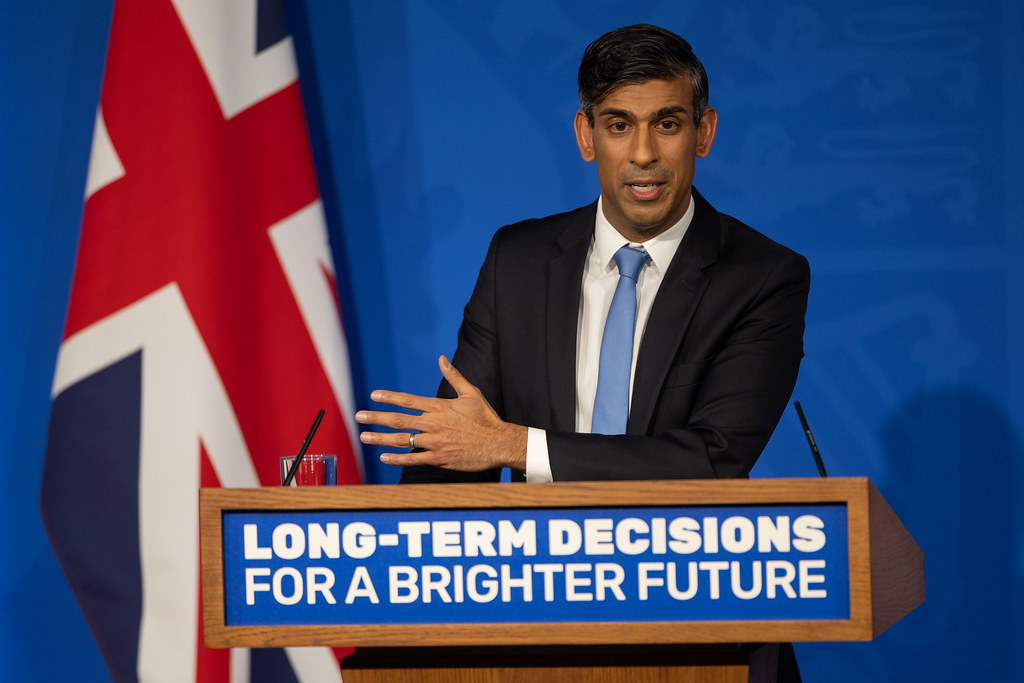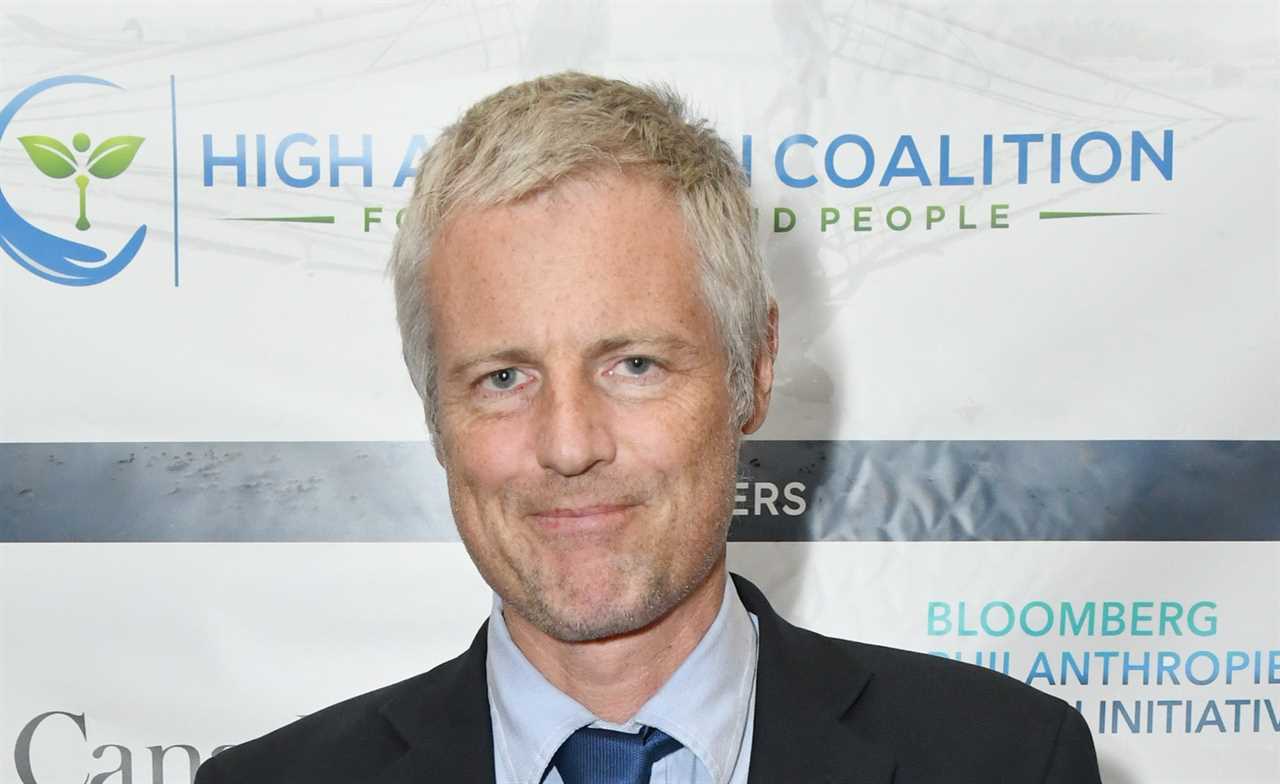
PM Stands Firm Against Tory Sceptics
Wealthy critics of Chancellor Rishi Sunak's decision to ease net zero targets have been told to quiet their objections, as they would not be the ones to suffer the consequences. Prime Minister Boris Johnson stood up to Tory skeptics during a recent meeting.
"Chucking the Environment into a Political Fire"
Zac Goldsmith, a wealthy peer estimated to be worth £280 million, criticized the PM's plan to delay several green targets, accusing him of "chucking the environment into a political fire." While Goldsmith's decision to postpone the ban on new emissions cars and the phase-out of gas boilers was well-received by Conservative backbenchers, some in the party expressed opposition.
Friendship vs Facts
Business Secretary Kemi Badenoch rebuked Goldsmith's criticism, noting that he possesses significantly more wealth than the average UK citizen. She emphasized the need to base decisions on facts, citing rising energy costs as a key consideration in the net zero easing. Badenoch stated, "This is not how we make decisions. We need to make decisions based on what the facts are. The facts are, the energy costs are rising."
No Slowdown in Climate Change Efforts
Chancellor Sunak also rejected claims from the Climate Change Committee that achieving net zero by 2050 was becoming wishful thinking. He asserted, "We are absolutely not slowing down efforts to combat climate change." Sunak suggested that his measures were in line with the principles of Conservative heroine Margaret Thatcher, urging those who disagreed with him to explain why ordinary Brits should bear the burden of up to £15,000 for climate upgrades.

Inconsequential Impact on E-Vehicle Infrastructure
In a positive development for the delayed car ban, motorways firm Moto stated that it would have little impact on its e-vehicle infrastructure rollout. The company deemed the delay "inconsequential" to their plans.






